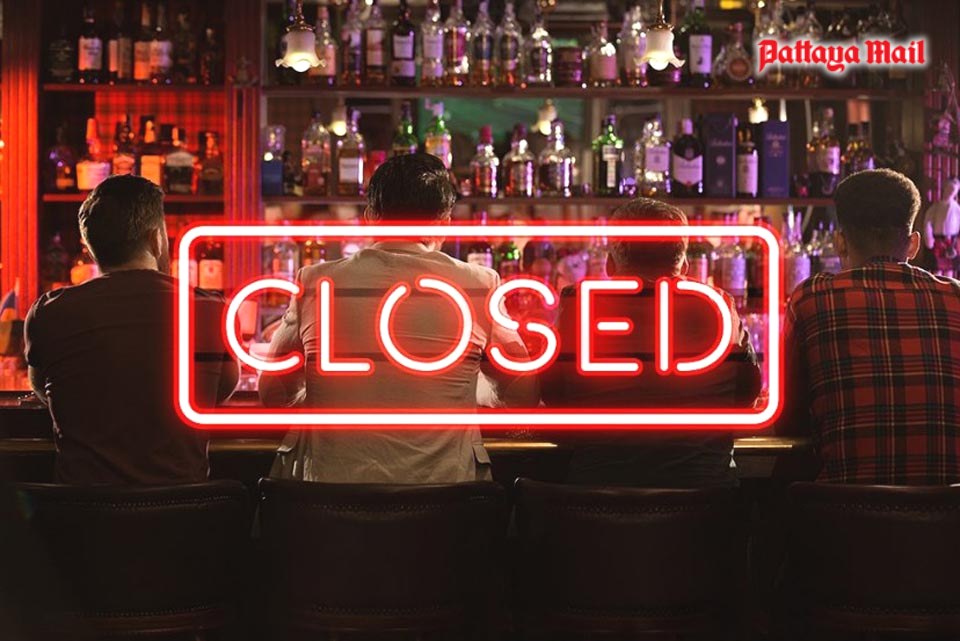
Thai authorities have not given up on attracting foreign tourists for the upcoming high season. But the emphasis is currently on European and Middle East recruitment as China declines to agree to the resumption of mass foreign travel, whilst India faces a devastating rise in new infections. In 2019 these two countries alone provided more than a third of all tourists arriving by air.
The Tourism Authority of Thailand (TAT) is now facilitating a new website Entry Thailand which it claims is a one-stop shop for potential visitors. It outlines the various steps required including the certificate of entry, issued by the Thai embassy in the country of departure, flight bookings, the arrangement of quarantine, the purchase of Covid insurance and immigration bureaucracies.

In a separate move, the government has announced it will adopt the so-called vaccine passport, a certificate for use with Covid-19 vaccination as an official travel document for those already vaccinated here and travelling abroad. However, to date, less than one percent of Thais have been vaccinated against the virus and virtually no foreigners. It is expected that most foreigners based here will have to wait until June before private hospitals offer vaccination on a paid basis.
So far two vaccines have been approved for use in Thailand. The Chinese Sinovac version "uses dead material from the virus" and is claimed to avoid most side-effects, according to a Bangkok-based health worker speaking to Deutsche Welle. The alternative is the British-Swedish AstraZeneca which has been linked to rare but potentially fatal blood clots. Thailand is currently battling a third-wave of infections after handling quite well earlier flare-ups.

Many Thai provinces have banned public consumption of alcohol, forbidden group gatherings of people and restricted inter-regional travel. Although there is no curfew, many Thais and expats say this is only a technicality because all places of entertainment are closed. "You can't get a beer anywhere, except on a supermarket shelf, and restaurants all close at nine in the evening," complained one mournful Pattaya longstayer.
End Times News & Commentary with No ADS
visit watchpostblog.com/ to learn more
In other words, Thai developments are not encouraging for the resumption of international tourism. Meanwhile, Spain, Portugal and Greece are expected to welcome Brits and some EU residents with open arms because of relative success in mass vaccination. Covid passports are expected to be available by next month to a restricted number of destinations.
The UK government has confirmed that a traffic light system will be introduced, offering a three-colour guide to allow residents to return to some destinations as early as June. Travel agents say that Thailand will not be on the green list, but will be amber-related. This means a negative Covid test will be required prior to returning to UK plus two further tests once in the country and a ten-day quarantine at home.
Simon Hellier, spokesman for Global Costsaver, said the prospects for international tourism to Thailand remained poor in the near term. "The entry system is bureaucratic and expensive. The costs of applying for Thai embassy clearance, mandatory tests and Covid insurance, quarantine in Thailand and further testing before and after the return journey can add 2,000 pounds to the cost of a vacation. Add to this the fact that that nearly all entertainment in Thailand is closed and you have your answer."
End Times News & Commentary with No ADS
visit watchpostblog.com/ to learn more
He added that there was a pent-up demand for holidays in Thailand, but that now depended on the country rolling out a convincing mass vaccination program and opening up the leisure industry once again. In other words, 2022 is a better bet than 2021.




Inga kommentarer:
Skicka en kommentar